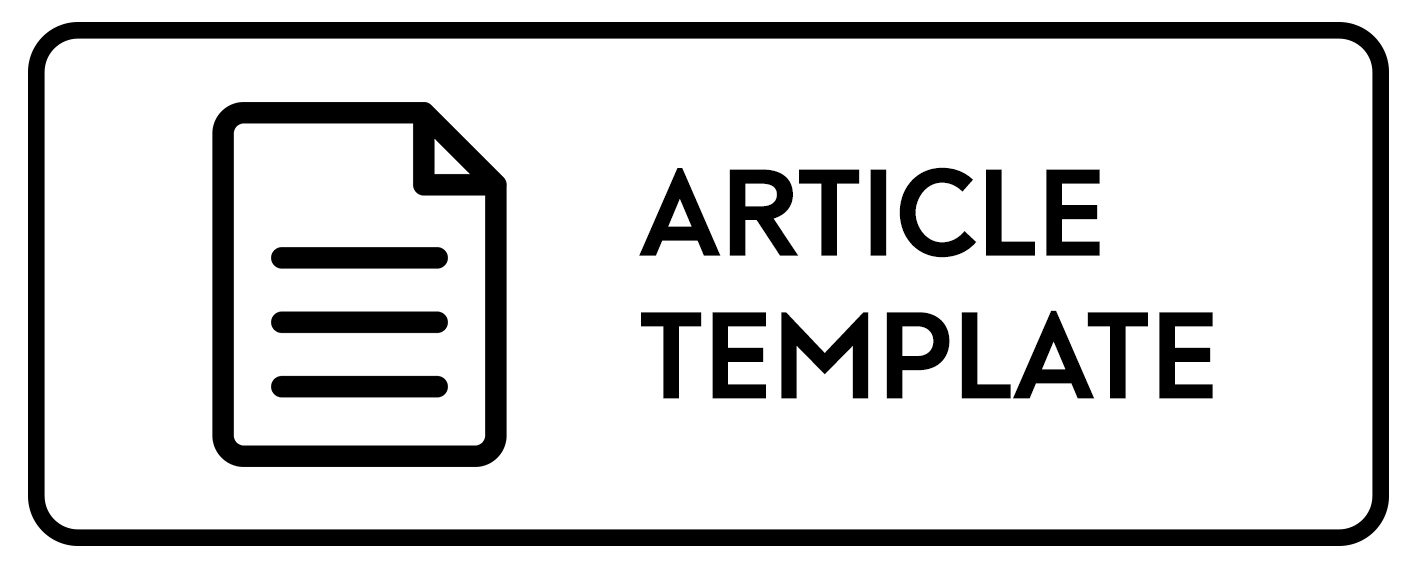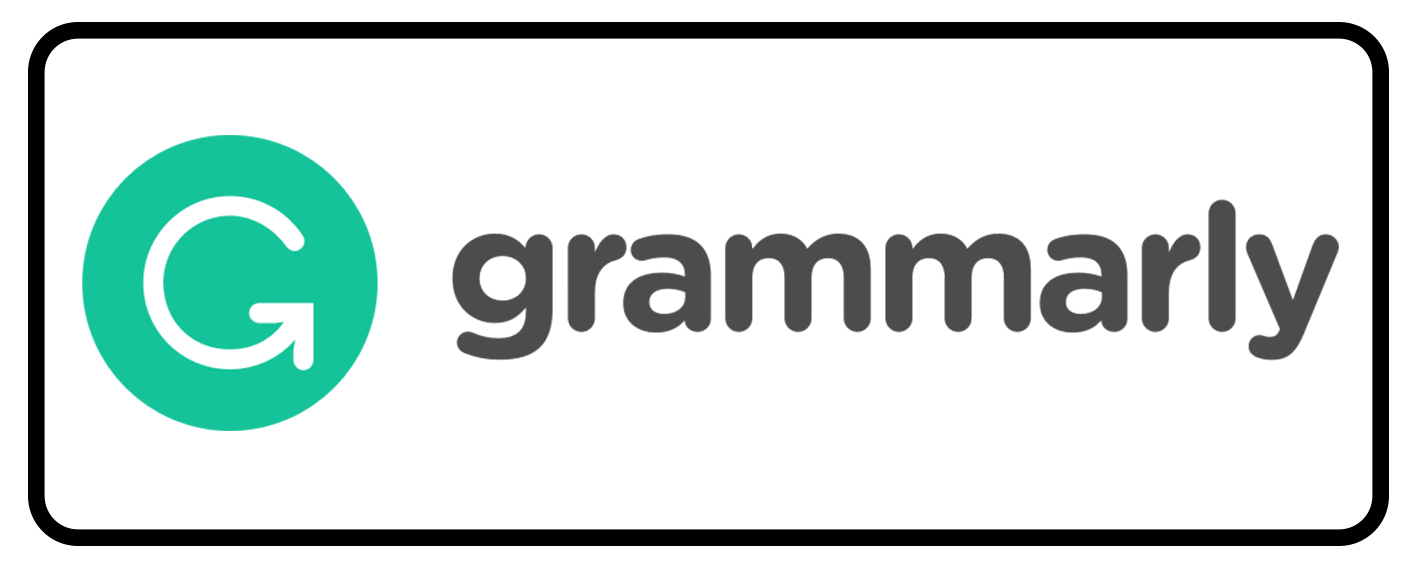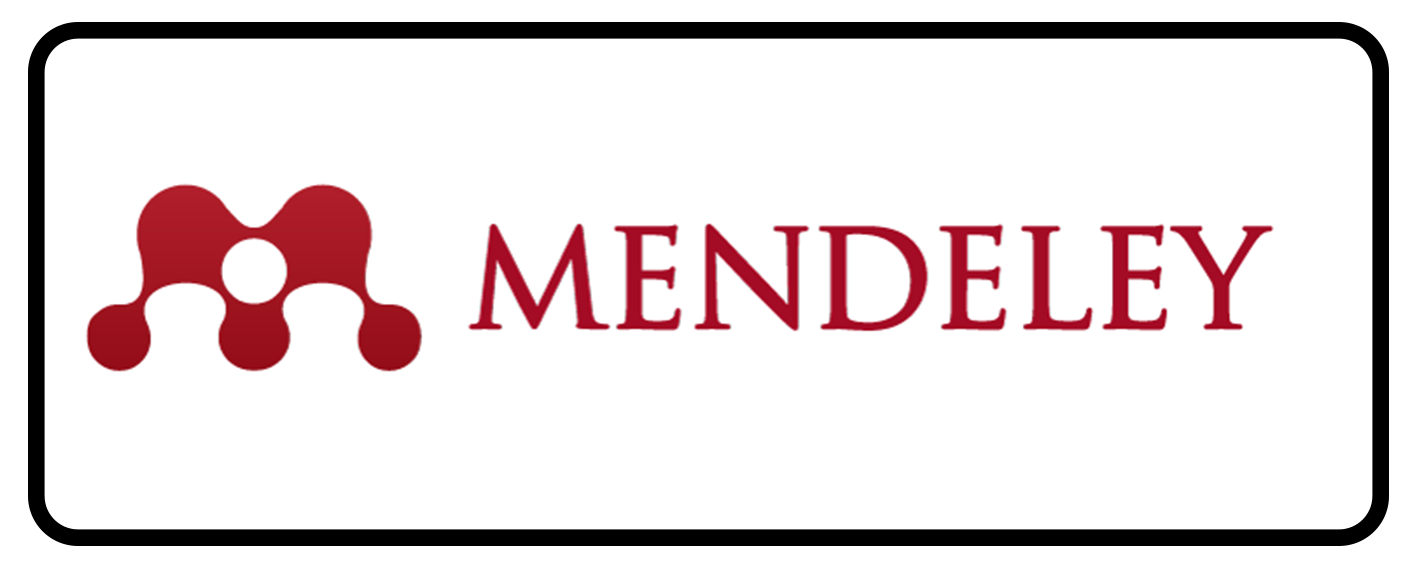IMPLEMENTATION OF DIGITAL ENGLISH LEARNING TOWARD JUNIOR HIGH SCHOOL STUDENTS BASED ON MERDEKA CURRICULUM
Abstract
Keywords
Full Text:
PDF BAHASA INGGRISReferences
Ansari, A. H., & Alpisah, A. (2020). Konsep dan Rancangan Manajemen Kurikulum Merdeka di Tingkat Sekolah Menengah Pertama. Jurnal Pendidikan untuk Sekolah Menengah Pertama, 2(1), 13. https://doi.org/DOI: 10.23887/jpbi
Apostolou, Z. (2022). Teachers’ perceptions of integrating kindergarten and first-grade primary school language curricula. JCES; Journal of Child, Education, and School, 9(6), 10. https://doi.org/https://doi.org/10.37291/2717638X.20201234
Asrifan, A., Cardoso, L., & Ganguli, S. (2022). Cybersocialization Through Smart Digital Classroom Management (SDCM) as a Pedagogical Innovation of “Merdeka Belajar Kampus Merdeka (MBKM)” Curriculum. Digital Learning based Education, 5(1), 39. https://doi.org/https://doi.org/10.1089/cpb.2007.0020
Berg, E. van den, Jansen, L., & Blijleven, P. (2022). Digital Learning Materials: Classification and Implications for the Curriculum. Digital Curriculum Landscapes and Trends of Journal, 9(6), 3. https://doi.org/https://doi.org/10.1007/978-94-017-1205-7_14
Firdaus, H., Laensadi, A. M., Matvayodha, G., Siagian, F. N., & Hasanah, I. A. (2022). Analisis Evaluasi Program Kurikulum 2013 Dan Kurikulum Merdeka. Jurnal Pendidikan dan Konseling, 4(4), 9. https://doi.org/https://doi.org/10.31004/jpdk.v4i4.5302
Hamka, H. (2019). Sekolah Negeri dan Sekolah Swasta: Karakteristik di Dalam Pendidikan. Jurnal Pendidikan Raden Fatah, 9(7), 13. https://doi.org/https://doi.org/10.19109/elidare.v1i2.678
Manalu, J. B., Sitohang, F., & Henrika, N. H. (2021). Pengembangan Perangkat Pembelajaran Kurikulum Merdeka Belajar. Jurnal Pendidikan Sekolah, 1(2), 13. https://doi.org/https://doi.org/10.34007/ppd.v1i1.174
Marisa, M. (2022). Inovasi Kurikulum “Merdeka Belajar” di Era Society 5.0. Jurnal Sejarah, Pendidikan, dan Humaniora, 2(3), 1. https://doi.org/DOI: https://doi.org/10.32503/proficiency.v5i2
Mohajan, D., & Mohajan, H. K. (2022). Development of Grounded Theory in Social Sciences: A Qualitative Approach. Studies in Social Science & Humanities, 1(5), 13–24. https://doi.org/10.56397/sssh.2022.12.02
Nasution, S. W. (2022). Asesment Kurikulum Merdeka Belajar Di Sekolah Menengah Pertama. Jurnal Prosiding Pendidikan, 4(3), 19. https://doi.org/doi:https://doi.org/10.34007/jonas.v2i2.125
Njie, B., & Asimiran, S. (2021). Case Study as a Choice in Qualitative Methodology. IOSR Journal of Research & Method in Education, 4(3), 1. https://doi.org/https://doi.org/10.29408/edumatic.v5i1.2544
Rahayu, R., Rosita, R., & Rahayuningsih, Y. S. (2022). Implementasi Kurikulum Merdeka Belajar di Sekolah Penggerak. Jurnal Basicedu, 3(1), 16. https://doi.org/https://dx.doi.org/10.31004/basicedu.v6i4.3237
Rohimajaya, N. A., & Hamer, W. (2022). Merdeka Curriculum For Junor School English Learning In The Digital Era. Jurnal Kajian Linguistik, Bahasa dan Sastra, 7(1), 11. https://doi.org/https://doi.org/10.33479/klausa.v7i1.673
Sainz, G. M., & Bough, A. (2022). Digital learning experiences and spaces: Learning from the past to design better pedagogical and curricular futures. The Curriculum Journal, 4(19), 3. https://doi.org/https://doi.org/10.1002/curj.184
Setiyaningsih, S. (2022). Peran Guru Sebagai Aplikator Profil Pelajar Pancasila Dalam Kurikulum Merdeka Belajar. Jurnal Ilmiah Mandala Education, 7(3), 29. https://doi.org/http://dx.doi.org/10.1016/j.tate.2018.05.011
Simanjuntak, M. B., & Muchlas Suseno. (2019). Integration of Curricula (Curriculum 2013 and Cambridge Curriculum for Junior High School Level in Three Subjects). Jurnal Ideas; Pendidikan, Seni, dan Budaya, 8(1), 11. https://doi.org/DOI: 10.26618/exposure.v12i1.
Suharyanto, R. (2021). Learning and Motivational Processes When Students Design Curriculum-Based Digital Learning Games. Proceedings of The 9th European Conference on Games Based Learning, 3(1), 312. https://doi.org/DOI. prefix 10.33394
Vhalery, R., Setyastanto, A. M., & Leksono, A. W. (2022). Kurikulum Merdeka Belajar Kampus Merdeka: Sebuah Kajian Literatur. Research and Development Journal of Education, 8(1), 10. https://doi.org/https://doi.org/10.34150/jpak.v20i2.282
Wulandari, Y., Mahmuda, A. A., Astuti, M. D., & Ariyanto, W. T. (2021). Orientasi Pengembangan dan Penerapan Kurikulum Merdeka Belajar Pada Program Studi Pendidikan Bahasa Inggris. JRPP; Jurnal Review Pendidikan Dan Pengajaran, 4(2), 1. https://doi.org/https://doi.org/10.31004/jrpp.v4i2.3155
Xia, X., & Cui, Y. (2021). Developing School-Based Curriculum as a Concept in China. Springer Link Journal2, 12(1), 7. https://doi.org/https://doi.org/10.1007/978-981-10-8630-4_2
Zidan, M. R., & Qamariah, Z. (2023). A Literature Study On The Implementation Of Merdeka Curriculum. Jurnal Riset Rumpun Ilmu Bahasa, 2(2), 14. https://doi.org/https://doi.org/10.55606/jurribah.v2i2.1576
DOI: http://dx.doi.org/10.30872/calls.v9i2.12439
Copyright (c) 2023 Octa Pratama Putra

This work is licensed under a Creative Commons Attribution-ShareAlike 4.0 International License.
Editorial address:
Fakultas Ilmu Budaya, Universitas Mulawarman
Address: Jl. Ki Hajar Dewantara, Gunung Kelua, Kec. Samarinda Ulu, Kota Samarinda, Kalimantan Timur, Indonesia 75123
Email: jurnalcalls@fib.unmul.ac.id
Website: http://e-journals.unmul.ac.id/index.php/CALLS

CaLLs: Journal of Culture, Arts, Literature, and Linguistics site is licensed under a Creative Commons Attribution-ShareAlike 4.0 International License
CaLLs: Journal of Culture, Arts, Literature, and Linguistics indexing by:














